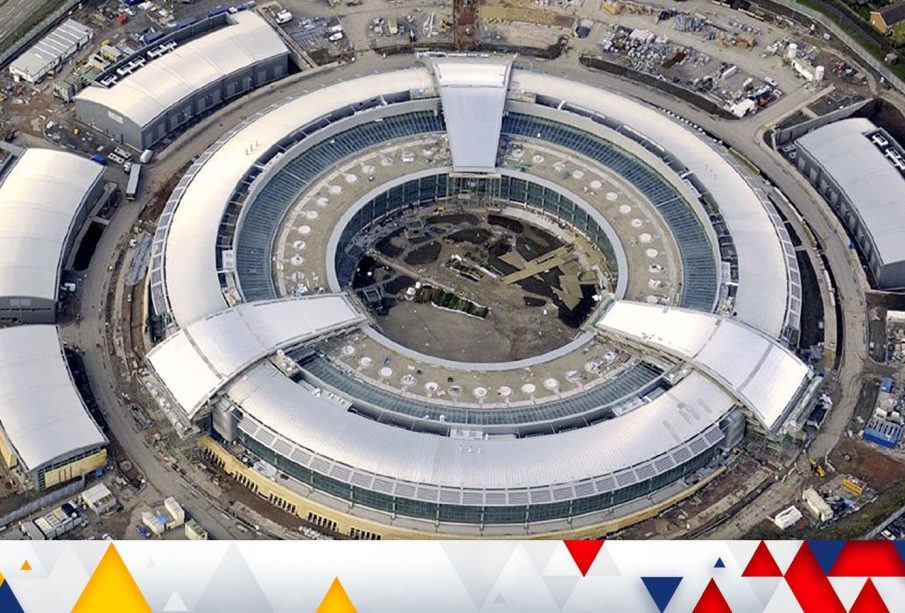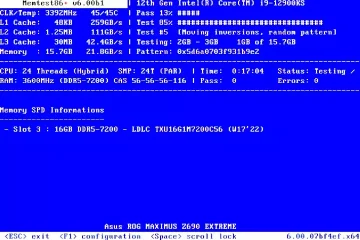Understanding the Role of GCHQ in National Security

Introduction
The Government Communications Headquarters (GCHQ) plays a vital role in the United Kingdom’s national security framework. Established in 1919, GCHQ’s mission has evolved significantly, encompassing signals intelligence (SIGINT), cyber security, and information assurance. In an era where cyber threats are increasingly prevalent, understanding GCHQ’s operations is crucial for grasping how the UK safeguards itself against espionage, terrorism, and cyberattacks.
Main Functions of GCHQ
GCHQ is primarily responsible for monitoring and intercepting electronic communications. This task is essential for detecting and preventing threats both within the UK and globally. Recent reports indicate that the agency plays a pivotal role in counter-terrorism efforts, working closely with other intelligence agencies like MI5 and MI6. Last year alone, GCHQ contributed to the prevention of over 20 terrorist attacks in the UK.
In addition to its intelligence-gathering capabilities, GCHQ is instrumental in protecting the UK’s critical infrastructure from cyber threats. The agency collaborates with various sectors, including energy, finance, and telecommunications, to strengthen resilience against cyber activities that could disrupt operations or compromise sensitive data. According to the National Cyber Security Centre, which operates under GCHQ, the organisation has helped thousands of businesses mitigate risks through guidance and direct support.
Recent Developments
In 2023, the importance of GCHQ has been underscored by the increased sophistication of cyberattacks, particularly those associated with state-sponsored actors. With geopolitical tensions rising, GCHQ has ramped up its efforts in monitoring and countering hostile activities. The agency has publicly acknowledged the advancing capabilities of adversaries such as Russia and China and is actively adapting its strategies accordingly.
Moreover, GCHQ has made strides in transparency, recently releasing information detailing its operations in a bid to build public trust. The government has stated that while the activities of GCHQ are necessary for national security, they must also be balanced with considerations of privacy and civil liberties.
Conclusion
GCHQ remains a cornerstone of UK national security, adapting to new threats in a rapidly changing landscape. As cyber threats continue to grow in complexity, the agency’s role becomes even more critical. Future developments will likely see GCHQ further integrating advanced technologies such as artificial intelligence to enhance its effectiveness. Understanding GCHQ’s functions not only informs the public on security efforts but also highlights the ongoing challenges in the delicate balance between security and individual rights.








